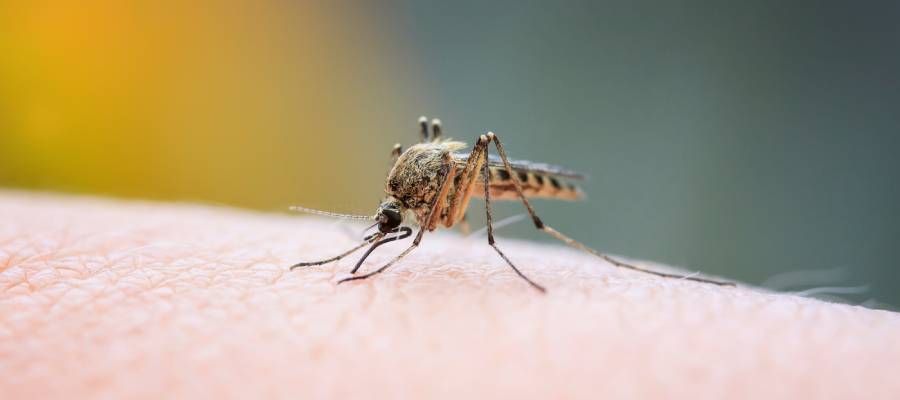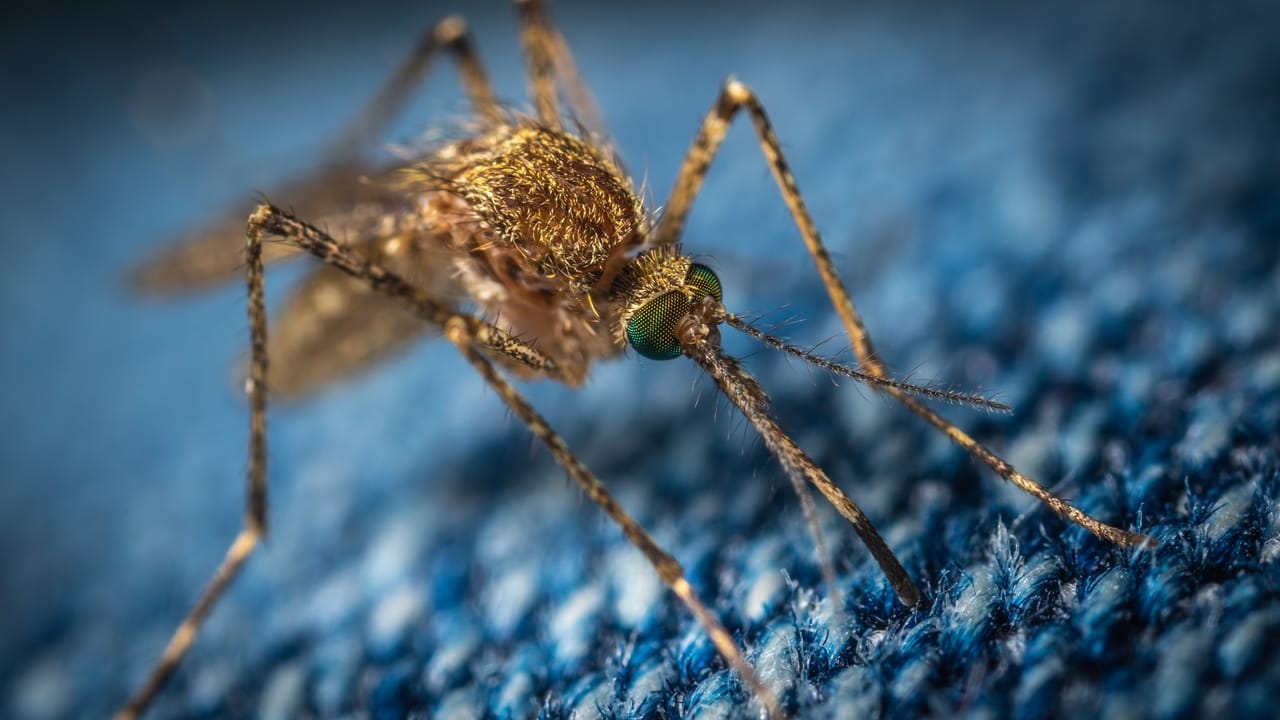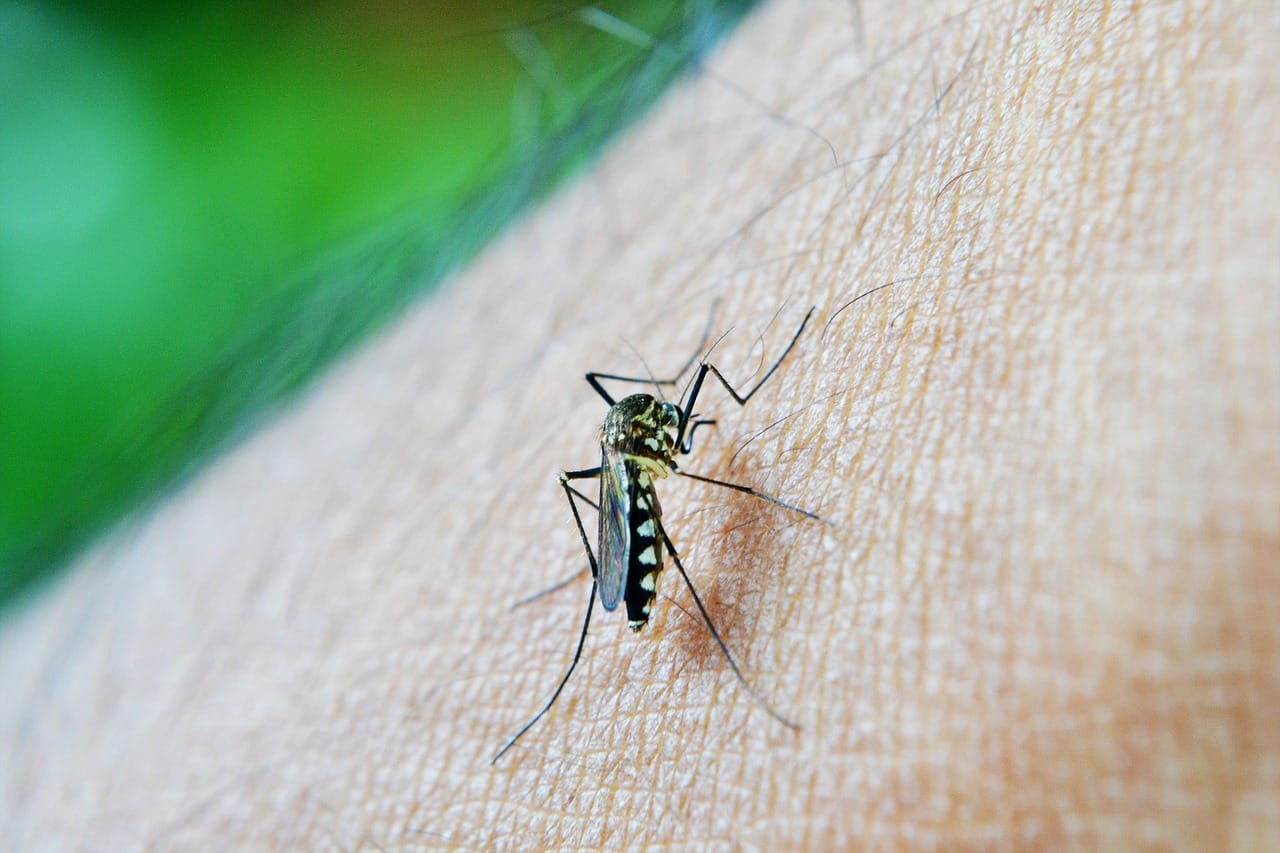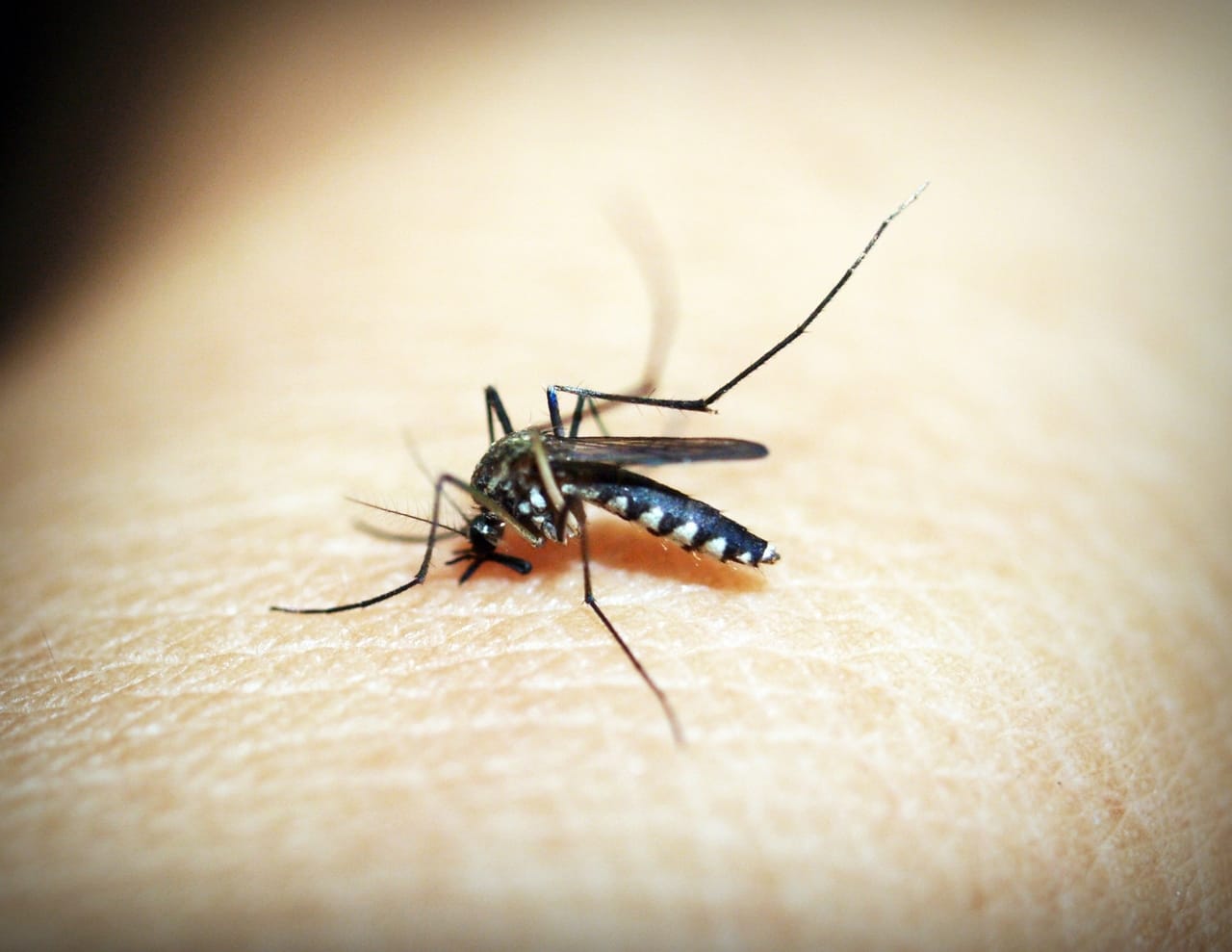Mosquito bites can be quite bothersome, especially during summer picnics. However, have you ever wondered why some people seem to be more prone to mosquito bites than others? It turns out that mosquitoes do have their preferences when it comes to blood types and skin bacteria. Yuck! Let’s explore the factors that make certain individuals more attractive to these pesky bloodsuckers and what you can do to protect yourself from their itchy bites.
What Makes You Attractive to Mosquitoes?
Mosquitoes swarm to specific individuals for various reasons, such as:
- Carbon Dioxide: Mosquitoes have a knack for detecting the carbon dioxide you exhale. The more you produce, the tastier you become.
- Body Heat: Mosquitoes have a unique ability to detect their targets by sensing body heat and infrared radiation. If you happen to radiate more body heat, you may become a prime destination for these persistent pests.
- Blood Type: It seems mosquitoes have a refined palate, as studies hint they may prefer certain blood types. People with type O are like an all-you-can-eat buffet for these insatiable insects.
- Skin Bacteria: Your skin is a bustling metropolis of bacteria, each producing its unique fragrance. Some odors can either attract or repel mosquitoes. You might dodge their unwelcome advances if your skin boasts the right mix of Staphylococcus bacteria.
- Sweat and Lactic Acid: Mosquitoes have a knack for sniffing out the scent of sweat and lactic acid. Sweating releases these chemicals, drawing mosquitoes in like moths to a flame.
- Genetics: Hidden within your genes lies the secret of mosquito allure. Some lucky individuals possess a genetic trait that repels or beckons these buzzing pests. It is like having a secret language that determines your insect appeal.
Reliable Mosquito Control
There are several ways to reduce your chances of getting mosquito bites, including:
- Apply insect repellent. Follow instructions and reapply.
- Wear long sleeves and pants. Treat clothes with permethrin to repel insects.
- Stay indoors or amp up protection.
- Eliminate stagnant water sources like buckets, birdbaths, and flower pots. Cover or clean regularly.
- Keep mosquitoes out with screens on doors and windows, or use nets over beds.
- The best way to prevent mosquitoes is with professional mosquito extermination services.
How to Treat Mosquito Bites
Here are some tips for treating the bite and relieving the itch:
- Wash the bite area with water and soap.
- Apply an ice pack for several minutes to reduce swelling and itching.
- Apply baking soda and water or an over-the-counter anti-itch cream to the bite area.
- Avoid scratching the bite, as it can cause infection or scarring.
- See a doctor if you have signs of an allergic reaction or a mosquito-borne disease.
Contact Springer Today
Mosquito bites are equally annoying and dangerous. That is why you need Springer’s Professional Mosquito Control Services. Springer is a trusted pest control company serving Des Moines, IA, and surrounding areas since 1989. They have the experience and expertise to eliminate mosquitoes from your property using safe and effective methods.
Springer will inspect your property for signs of mosquito activity and apply treatments targeting mosquitoes at every stage of their life cycle. They will also provide tips on how to prevent future mosquito infestations and keep your property mosquito-free.
Do not let mosquitoes ruin your summer. Contact Springer Professional Home Services today for a free estimate and schedule your mosquito control service.




